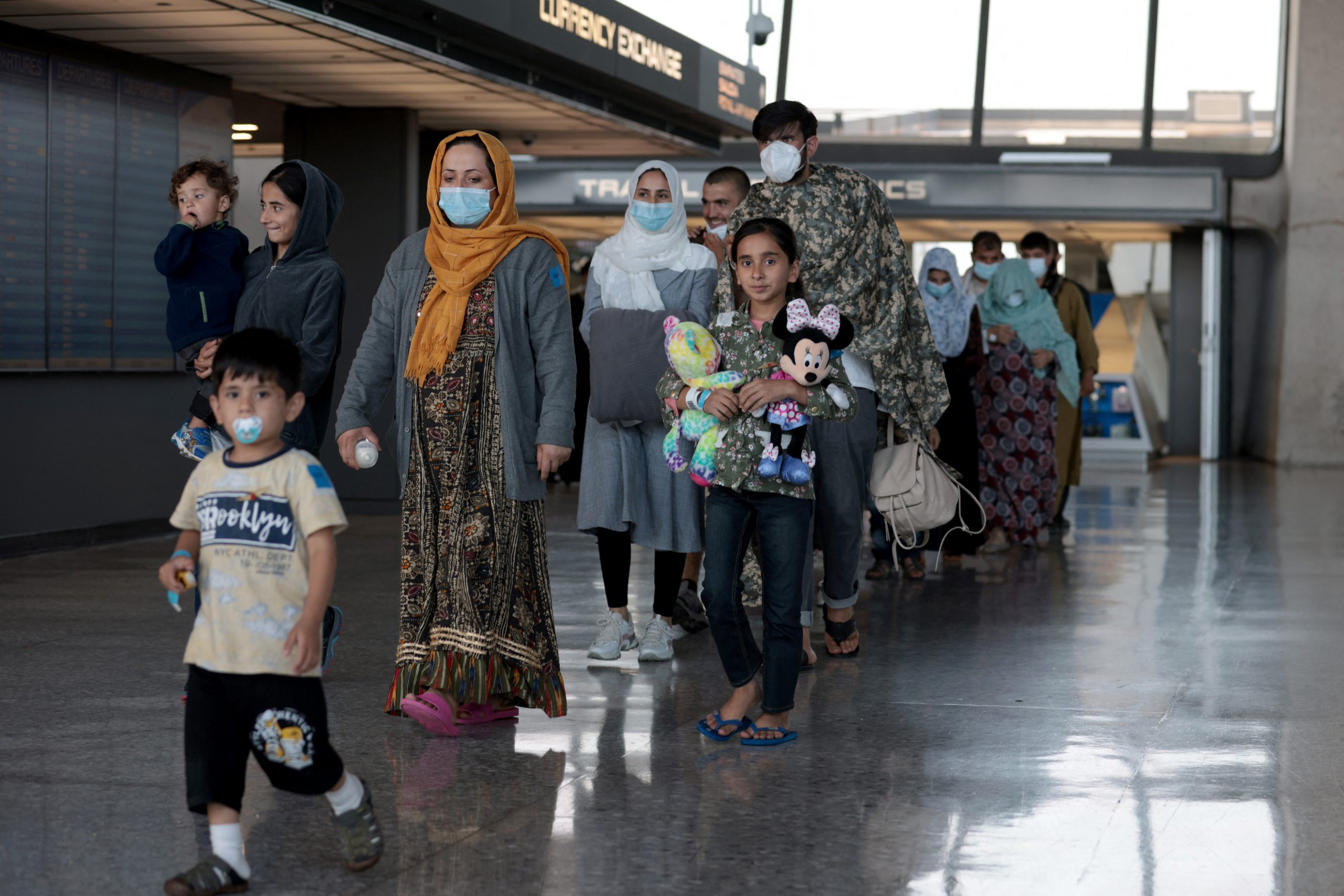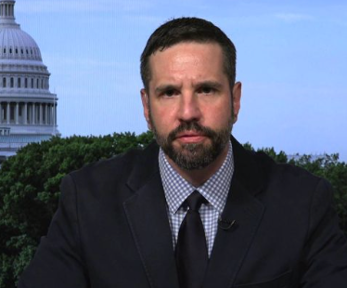
- 03 Sep 2021
Afghanistan: What Happens Next?
(This event is organised by MEI Diffusion of Ideas-Gulf research cluster.)
Abstract
The past two weeks have seen the Taliban return to power more rapidly than the regime’s fall nearly 20 years ago. Many observers of Afghanistan feared that the nation’s fragile democracy would not last long beyond the withdrawal of American troops but very few predicted that this transition would happen over a matter of days rather than months or years. The unexpected nature of this transition should prompt humility in any analyst but the questions raised are all the more important.
In evaluating the past:
- Was this outcome inevitable or could the government have survived with different decisions by the international community?
- On paper, the Afghan government looked far more capable than it proved to be once the Taliban advance began—was it merely being propped up by American military power or could it have rallied the political, social and military support from Afghanistan’s 38 million citizens to hold out?
- Was the weakness of the government due to a fatal flaw in design: a highly-centralised structure in a traditionally decentalised nation? A state dependant on foreign aid rather than localised production? Massive influx of foreign funds with the predictable spurring of corruption?
- Or was a basically workable structure subverted by US diversion of attention to the war in Iraq before the fledgling Afghan government would establish a firm foundation?
Questions about the future:
- How might an Afghan government be structured to avoid the dysfunctions of the past—whether the past 20 years of post-Taliban rule or any of the dysfunctional governments of the three decades that preceded it?
- What role can the international community play? Or should the international community simply conclude that its involvement only does more harm than good?
- Most importantly, what can Afghan people themselves do to avoid a return to the 1990s—whether the bloody chaos of the civil war or the repressiveness of the prior Taliban regime.
This public talk will be conducted online via Zoom on Friday, 3 September 2021, from 10am to 11.30am (Singapore Time) / Thursday, 2 September 2021, from 10pm to 11.30pm (Washington, DC Time)
All are welcome to participate. This event is free, however, registration is compulsory. Successful registrants will receive a confirmation email with the Zoom details closer to the date of the event.
Image Caption: A family evacuated from Afghanistan is led through the arrival terminal at the Dulles International Airport to board a bus that will take them to a refugee processing center on August 25, 2021 in Dulles, Virginia. (Photo by Anna Moneymaker / GETTY IMAGES NORTH AMERICA / Getty Images via AFP)
Listen to the full event here:
Watch the full event here:
About the Speakers

Senior Fellow
Center for International Policy
[Moderator] Jonah Blank
Visiting Senior Research Fellow
Middle East Institute, NUS
Mr Matthew Hoh is a former US State Department official and former US Marine Captain with several combat tours of duty. While in the State Department, he served as commander of a Provincial Reconstruction Team in Afghanistan. He left his post in 2009, articulating concerns similar to those currently underlying the US withdrawal from Afghanistan.
He is a Senior Fellow at the Center for International Policy and a member of the Eisenhower Media Initiative.

[Moderator] Dr Jonah Blank served as Policy Director for South and Southeast Asia of the United States Senate Foreign Relations Committee. He was the primary advisor to Chairmen Joe Biden (1999-2009) and John Kerry (2009-2011) and he managed a portfolio encompassing much of the Indo-Pacific region stretching from Indonesia to Afghanistan, with additional responsibilities in Africa and the Middle East. He earned his doctorate in social anthropology, conducting the discipline’s first ethnographic research among the community of orthodox Musta’li Ismaili Shi’a. Dr Blank began his professional life as Finance Editor of the Ashahi Evening News in Tokyo and later served as Senior Editor of U.S. News & World Report.
He has written for publications ranging from Foreign Affairs to The New Yorker to The Journal of Vaiśnava Studies and is a regular contributor to The Atlantic. Dr Blank is also the author of the books Arrow of the Blue-Skinned God: Retracing the Ramayana Through India and Mullahs on the Mainframe: Islam and Modernity Among the Daudi Bohras.




